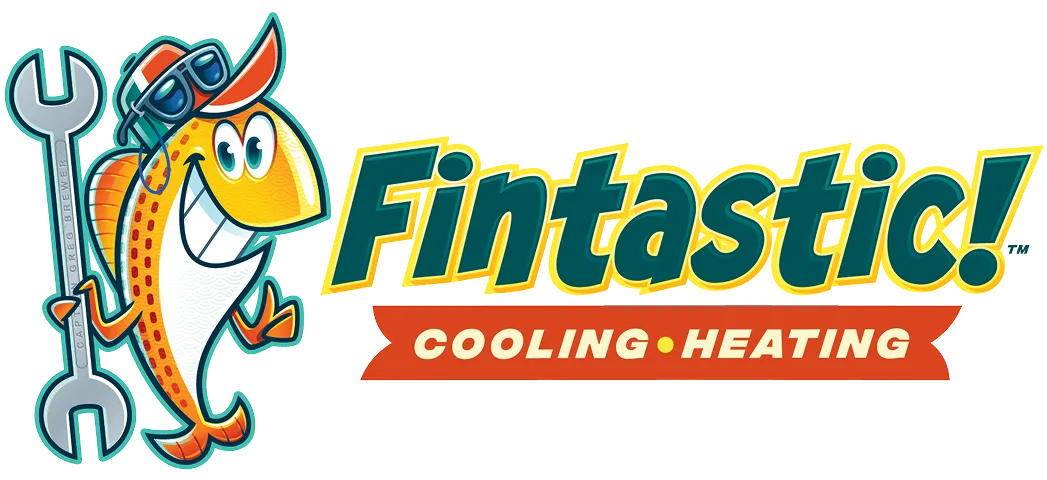Furnace Maintenance in Bellaire, TX
Keeping your furnace well maintained is one of the most cost-effective ways to protect comfort, safety, and budget in Bellaire, TX homes. Even though Houston-area winters are typically mild, seasonal use, pollen, high humidity, and occasional cold snaps place unique stresses on heating systems. Regular furnace maintenance ensures reliable starts when you need heat, improves energy efficiency, and reduces the risk of costly breakdowns or safety hazards such as cracked heat exchangers or faulty ignition.
.jpg)
Why furnace maintenance matters for Bellaire homes
- Bellaire’s climate: Longer warm seasons mean furnaces often sit idle for months, allowing dust, pests, and moisture to accumulate. When the system is next called on, buildup and degraded components can cause poor operation or failure.
- Indoor air quality: High pollen and airborne pollutants from urban and construction activity in the greater Houston area increase filter loading and blower contamination, reducing airflow and comfort.
- Safety and efficiency: Routine inspections catch gas, combustion, and electrical issues early. A well-tuned furnace uses less fuel, cycles properly, and maintains even temperatures with fewer emergency repairs.
Common furnace maintenance issues in Bellaire, TX
- Clogged or dirty air filters restricting airflow and forcing the blower to work harder
- Soot or debris on burners causing incomplete combustion and reduced efficiency
- Dirty blower wheel or motor that decreases airflow and increases noise
- Loose or corroded electrical connections creating intermittent operation or safety risks
- Faulty ignition system or pilot assembly leading to unreliable startups
- Cracked or deteriorating heat exchanger posing a carbon monoxide risk
- Poor thermostat calibration producing uneven temperatures or excessive cycling
- Blocked flue or vent components affecting combustion air and safe venting
What a comprehensive furnace maintenance service includes
A professional furnace tune-up follows a systematic checklist to identify small problems before they become major repairs. Typical service items include:
- Visual inspection of the furnace cabinet, burners, and surrounding area
- Cleaning and inspection of burners and combustion chamber to ensure proper flame shape and combustion
- Blower assembly cleaning (wheel and housing) and lubrication of motors if required
- Heat exchanger inspection for cracks, discoloration, or signs of stress
- Ignition system check and testing of pilot or electronic igniter performance
- Tightening and inspection of all electrical connections and control wiring
- Filter inspection and replacement or recommendation for proper MERV level for your home
- Combustion and venting inspection to confirm safe exhaust flow
- Thermostat calibration and cycling checks to verify setpoint accuracy
- Performance testing - measuring airflow, temperature rise across the heat exchanger, and system run/idle behavior
- Safety control tests - verifying limit switches, rollout switches, and safety shutoffs operate correctly
How technicians diagnose problems - plain language
Technicians use a mix of inspection, simple measurements, and test cycles to evaluate a furnace:
- Start-up observation: Watching the furnace start and run reveals ignition behavior, burner flame shape, and unusual sounds.
- Airflow and temperature checks: Measuring the temperature increase across the heat exchanger and feeling airflow at vents shows how effectively the system moves heat.
- Visual and tactile inspection: Looking for rust, soot, cracks, or loose parts points to wear or failed components.
- Electrical checks: Simple voltage and amp measurements spot failing motors or poor connections that cause overheating or short cycling.
- Vent and combustion checks: Ensuring flue paths are clear and combustion looks clean helps rule out dangerous exhaust problems.
All findings are explained in clear terms so you understand what was inspected, why something failed, and what options exist for repair or continued monitoring.
Common maintenance repairs and solutions
- Filter replacement: Replacing a clogged filter restores airflow and reduces stress on the blower. Recommend frequency based on household factors like pets and allergies.
- Burner cleaning and adjustment: Proper burner cleaning restores efficient combustion and reduces soot buildup.
- Blower cleaning and motor service: Removing dust and balancing the blower wheel reduces vibration and improves airflow.
- Ignition system service: Replacing worn igniters or servicing pilot assemblies returns reliable starts and eliminates false lockouts.
- Tightening and repairing electrical connections: This reduces arcing and prevents control failures.
- Heat exchanger evaluation and repair guidance: If damage is suspected, further testing and replacement options are discussed. Because a cracked heat exchanger is a safety concern, accurate assessment is prioritized.
- Thermostat recalibration or replacement recommendations: Ensures accurate comfort control and prevents excessive runtime.
Benefits of joining a furnace maintenance plan in Bellaire
- Consistent seasonal tune-ups timed for fall before heating season and optionally spring for system checkups after peak use
- Extended equipment life by preventing premature motor burnout and component wear
- Improved fuel efficiency and lower utility bills through regular cleaning and calibration
- Increased system reliability with fewer emergency repairs and reduced downtime during cold snaps
- Peace of mind from regular safety checks, including heat exchanger and combustion inspections
- Predictable maintenance schedule that supports warranty compliance for many manufacturers
Maintenance plans are especially valuable in Bellaire where seasonal idling, local pollen, and urban air quality can accelerate component degradation. Regular care reduces the chance that a rarely used furnace will fail when temperatures drop.
Simple homeowner maintenance tips between professional visits
- Check and replace filters every 1-3 months depending on use, pets, and indoor air quality
- Keep the furnace area clear of storage, dust, and flammable materials
- Note unusual noises, odor, or frequent cycling and record when they occur to help a technician diagnose problems faster
- Ensure vents and registers are open and unobstructed for proper airflow
- Replace batteries in thermostats and check thermostat scheduling for optimal performance
Final notes on timing and expectations
A proper furnace maintenance visit goes beyond a quick checklist - it is a diagnostic and preventive service that improves safety, efficiency, and comfort. For Bellaire residents, scheduling a fall tune-up before the first sustained cold period gives the best protection against winter surprises. Well-documented maintenance also helps homeowners make informed decisions about repair versus replacement as equipment ages. Regular inspections and clear explanations of findings ensure you know the condition of your system and the most practical steps to keep your home safe and comfortable.
Customer Testimonials
Our customers praise our exceptional service and attention to detail, consistently exceeding expectations.































































